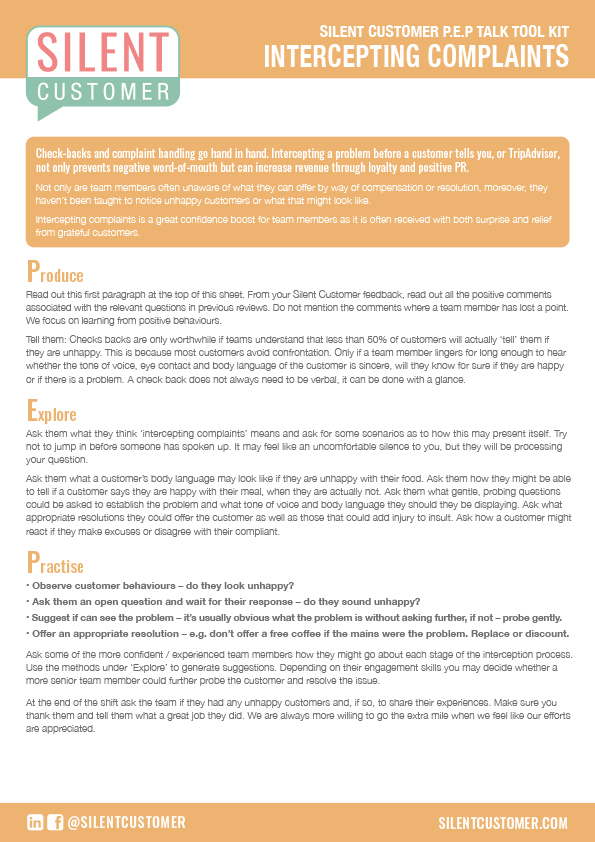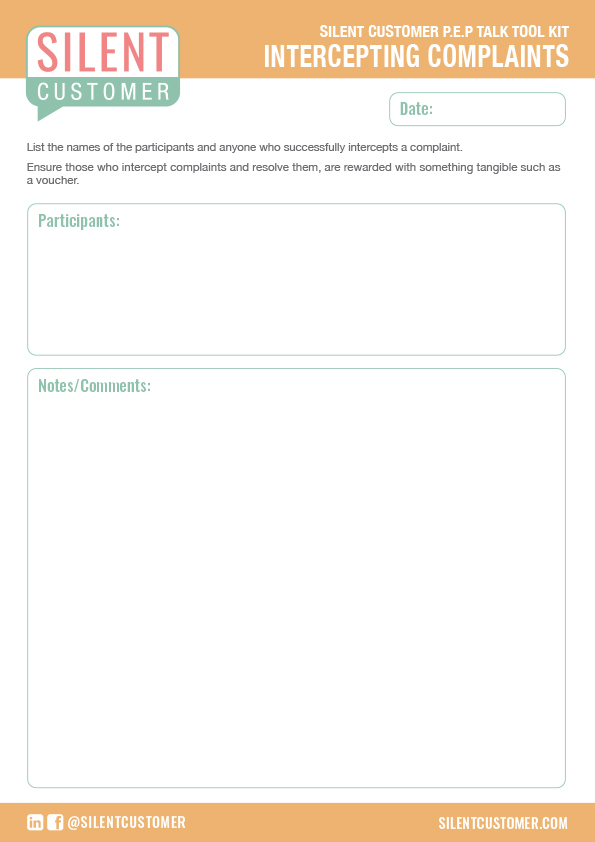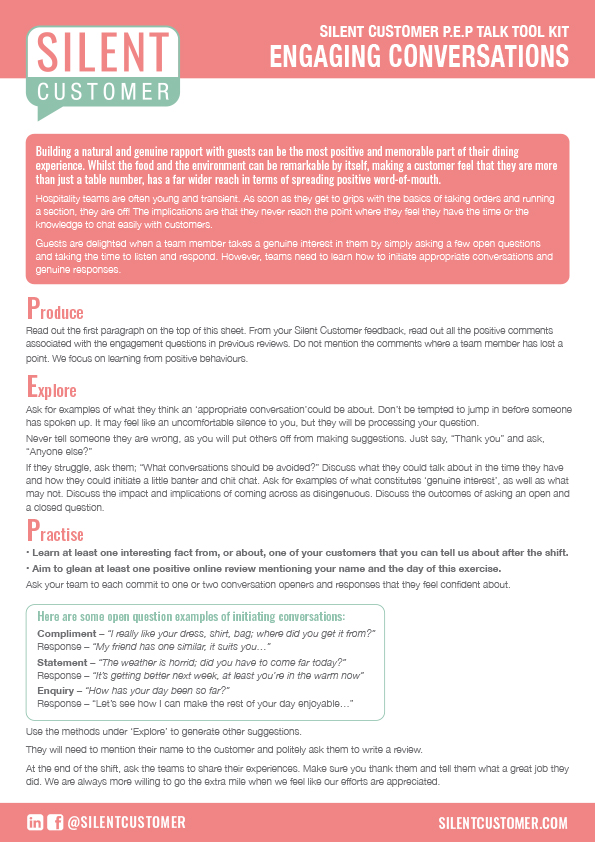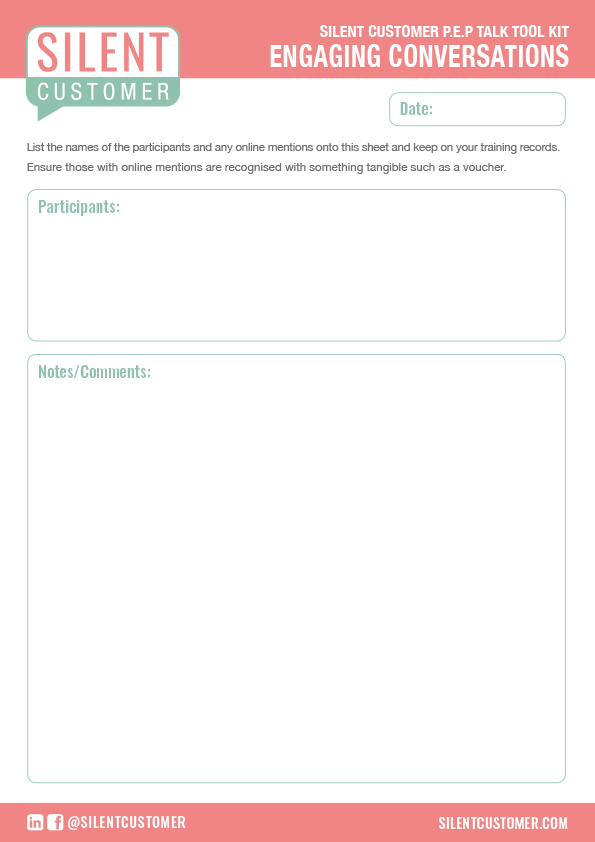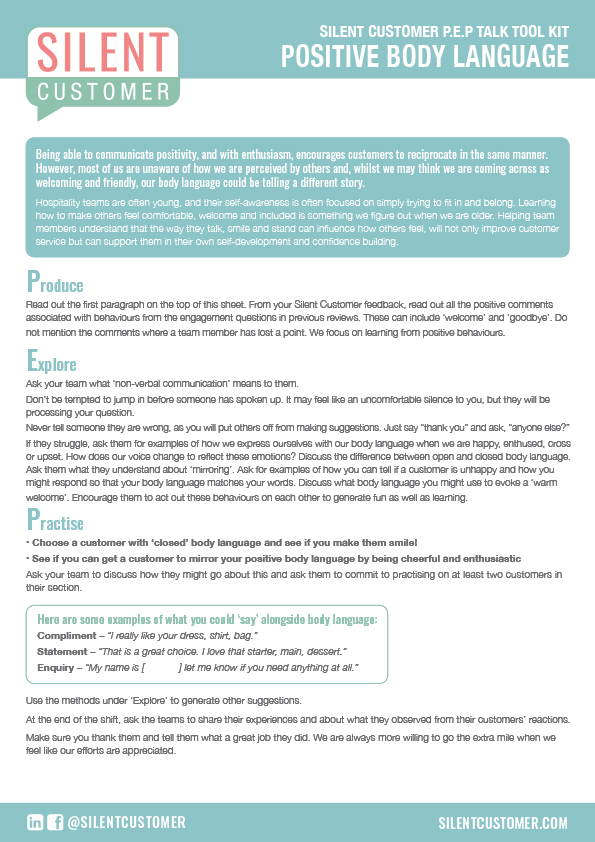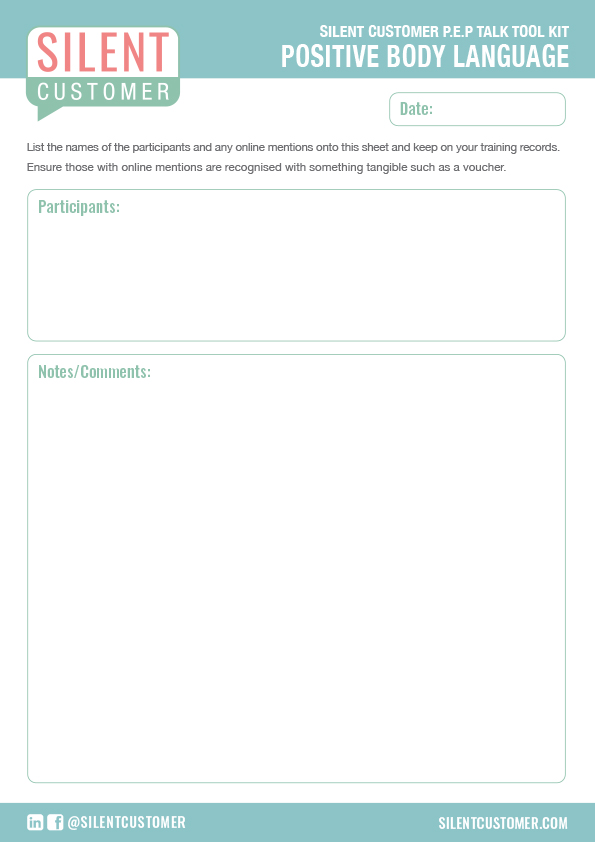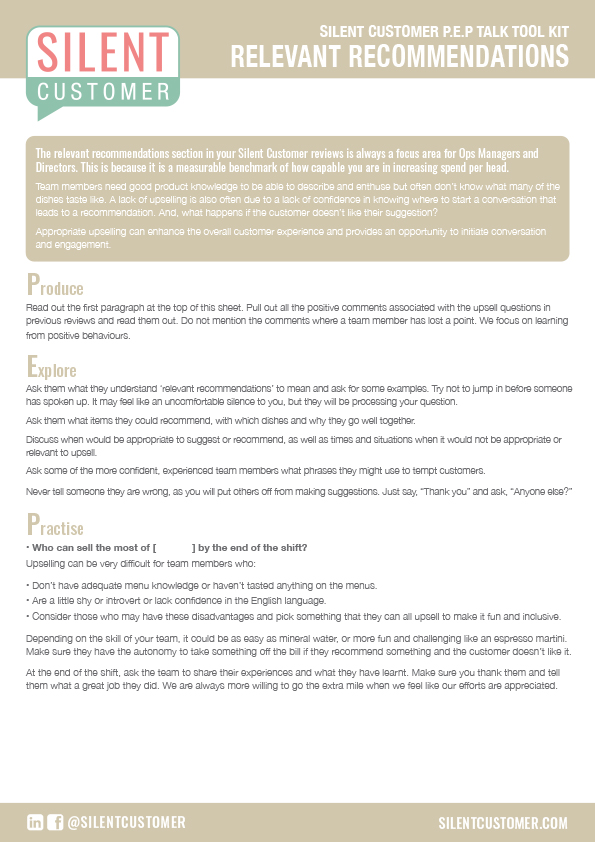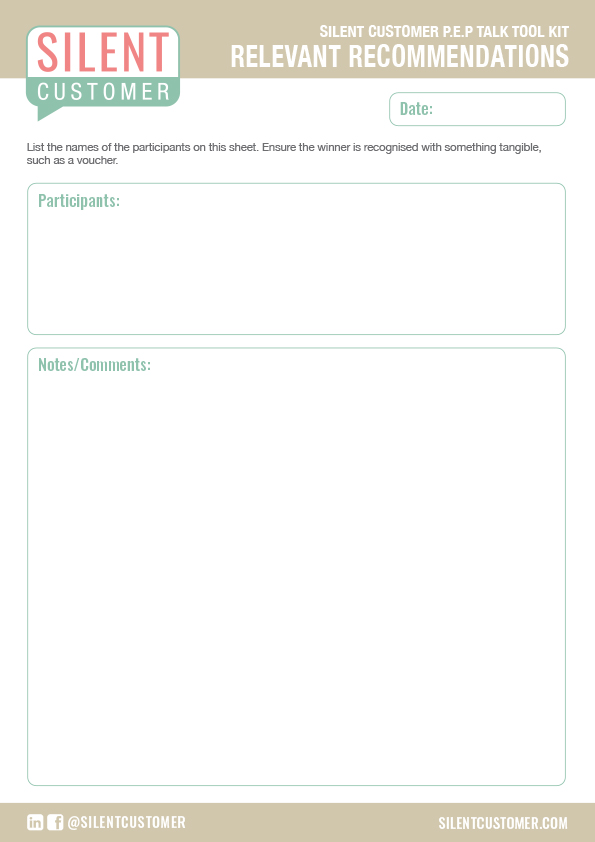Employed people in hospitality are super expensive, difficult to come by, and it seems, lacking in basic people skills and practical logic.
I ran my first restaurant as a general manager 30 years ago when I was 21. Food and labour costs were stressful to manage then. Chefs were difficult to come by, although not nigh-on-impossible as it is now. However, front of house people dropped application forms off in droves. There was more choice then.
However, aside from there being more young people asking for work then, it was still hard to find people who were naturally gifted in self-awareness, engagement and muti-tasking.
You may have found a couple of star players and the rest of the team, you would have to patiently mould though showing, teaching, correcting, encouraging, motivating, praising, rewarding, and promoting.

Today, the recruitment pond is smaller, so why, when it’s so hard to find people to work in hospitality, do we spend less effort on them?
AI and training apps are quicker and cheaper…but are they better? Do they make enough of a difference?
People haven’t really changed that much in the last 50 years. We still all have different filters, values and learning styles from each other. Yes! We were just as ‘Neuro diverse’ then as we are now.
Managers who understand that other people experience the world around them through an entirely different lens to them, generally have the empathy, patience and emotional intelligence required to help people learn as individuals to create a smooth running, happy, motivated team. It’s a time-consuming investment but who said that ‘managing people’ is easy?
Humans still need humans!
To find out how our human mystery guests can help your humans.. get in touch!
Call us today for a no-obligation discussion on how mystery guests can support your hospitality business.

